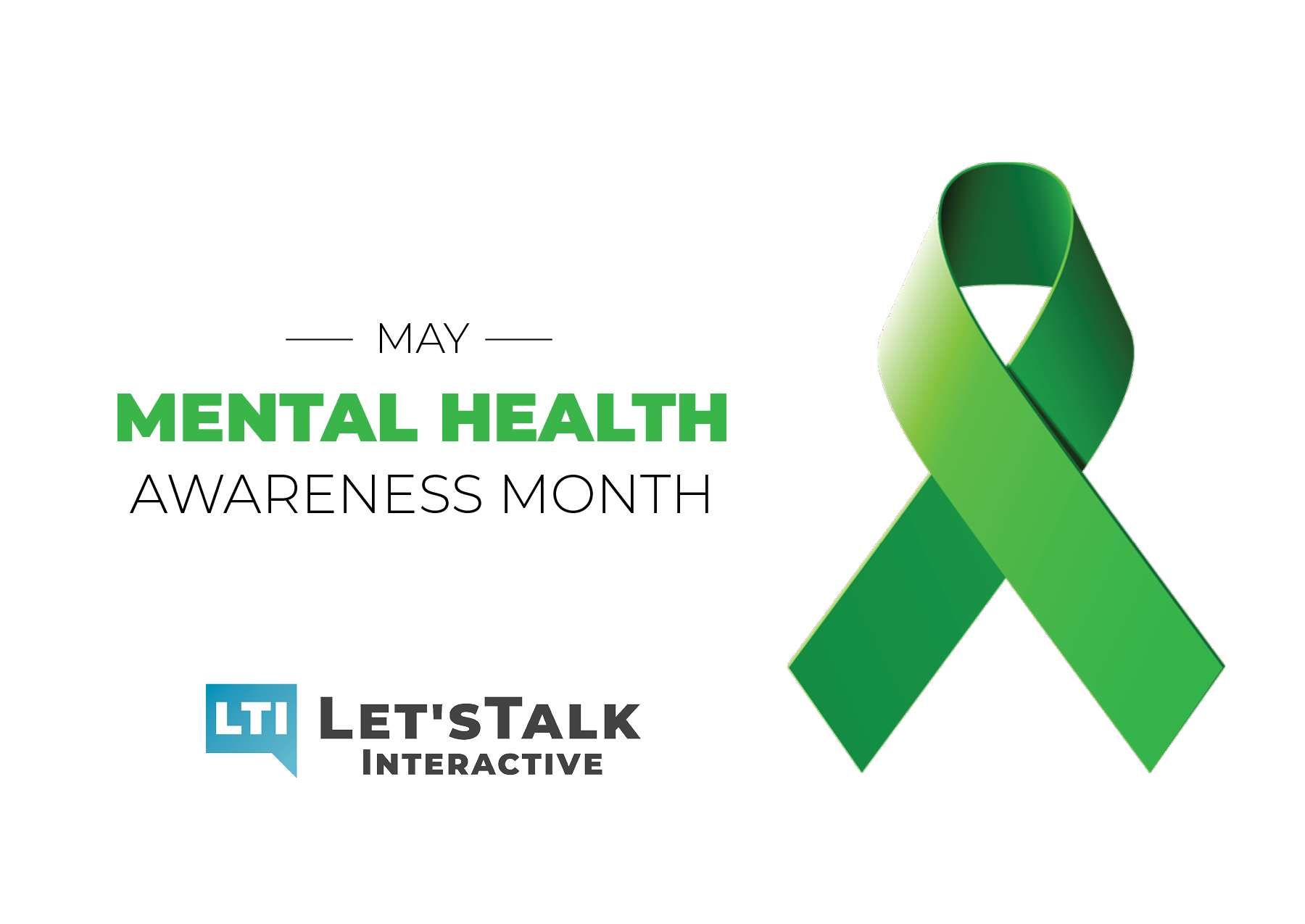Mental Health Awareness Month: How Telehealth is Revolutionizing Access to Mental Health Care
Posted: May 08, 2023

May is recognized as Mental Health Awareness Month, a crucial time for us to shine a spotlight on mental health issues and promote the significance of mental well-being.
In recent years, advancements in technology have paved the way for telehealth services, which are transforming the landscape of mental health care delivery. Telehealth has become a powerful tool in ensuring individuals have convenient and accessible avenues to seek the support they need. In this blog post, we will explore the importance of Mental Health Awareness Month and delve into how telehealth is supporting people in accessing mental health care.
Understanding Mental Health Awareness Month
Mental Health Awareness Month serves as an opportunity to destigmatize mental health disorders, increase awareness, and encourage open conversations about mental well-being. It strives to eliminate the barriers that prevent individuals from seeking help and advocates for a world where mental health is treated with the same importance as physical health. By focusing on education, advocacy, and support, Mental Health Awareness Month aims to break down the societal taboos surrounding mental health and encourage a compassionate and inclusive approach to mental well-being.
The Role of Telehealth in Mental Health Care
Telehealth, also known as telemedicine or virtual healthcare, is a branch of healthcare that utilizes digital communication technology to provide remote medical services. While it has gained prominence across various healthcare fields, its impact on mental health care is particularly notable. Here's how telehealth solutions like those we provide are revolutionizing access to mental health care:
1. Overcoming Geographic Barriers
One of the major challenges in accessing mental health care is geographic limitations. Those residing in rural or remote areas face difficulties in finding mental health professionals nearby. Telehealth breaks down these barriers by connecting patients and mental health providers regardless of their location. Through secure video conferencing or secure online messaging platforms, individuals can access mental health services without the need to travel long distances, saving time and resources.
2. Increased Accessibility and Convenience
Telehealth has made mental health care more accessible than ever before. People who face physical disabilities, transportation issues, or other mobility constraints can now easily connect with mental health professionals from the comfort of their own homes. The convenience of telehealth appointments also reduces the likelihood of missed or delayed appointments, promoting consistent engagement with mental health services.
3. Reduced Stigma and Enhanced Privacy
For many, seeking mental health support in person can be intimidating and may amplify the fear of judgment or social stigma. Telehealth provides a secure and confidential environment for individuals to seek help without worrying about face-to-face encounters. This increased privacy and anonymity allows individuals to open up more freely, leading to more effective diagnosis and treatment.
4. Expanded Provider Network
Telehealth expands the reach of mental health professionals, allowing individuals to access a broader network of providers. This is particularly beneficial for individuals seeking specialized care or specific therapeutic approaches. Patients can connect with therapists, psychologists, psychiatrists, and counselors from different locations, ensuring they receive the best-suited care for their needs.
5. Timely and Continuous Care
Telehealth facilitates regular and timely access to mental health care. Individuals can schedule appointments more easily and may have quicker access to mental health support during times of crisis. Moreover, telehealth allows for remote monitoring, enabling mental health professionals to provide ongoing support and track progress between appointments. This continuous care promotes better outcomes and increased patient engagement.
As Mental Health Awareness Month reminds us of the importance of prioritizing mental well-being, telehealth emerges as a transformative solution in expanding access to mental health care. By breaking down barriers and offering convenient, confidential, and timely support, telehealth is revolutionizing the way we approach mental health care. Through the use of technology, we can strive for a future where mental health support is readily available to all.